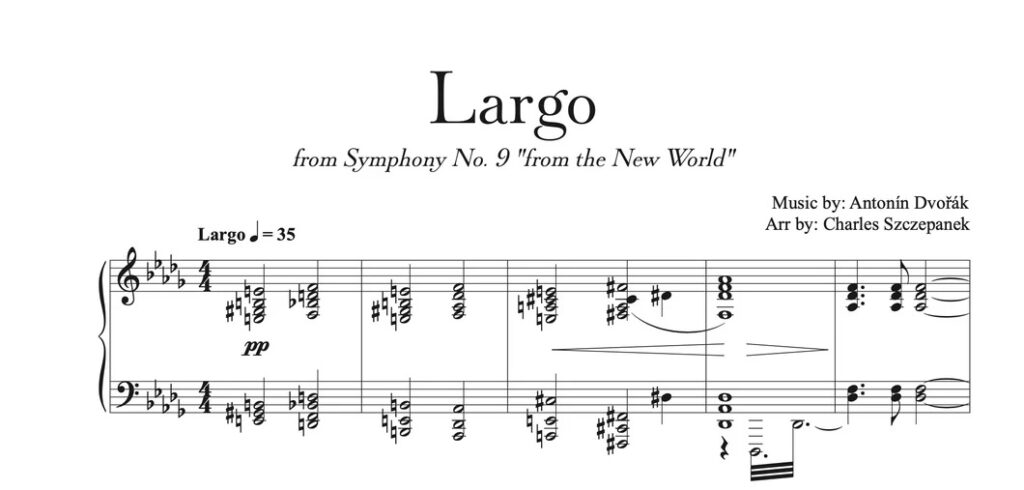Sometimes a great effect can be created by choosing extreme tempi. Choosing a very fast tempo can make otherwise perfectly ordinary notes, suddenly seem special in a way. And the same goes for an almost absurdly low pace. It gives the notes something extra, provided the tune can withstand the slow pulse.
There is a concept in filming which is called ‘the suspension of disbelief.’ It describes how a filmmaker can stretch the viewers willingness to go along with the story. It is said that filmers – and this especially goes for animation writers l think – should stretch the disbelief of spectators as far as they can. Without of course reaching the point where they say: ‘I quit. I don’t believe this anymore.’
A similar notion can be found in composing. lt would be named ‘The suspension of impatience’ l suppose. The composer should sometimes stretch the impatience of the listener almost up to the point where he becomes too impatient to listen any further. Almost of course, not quite. This is reflected in the words of a famous composer who said: ‘composing is the art of postponing the ending.’ One of the ways of postponing the ending is by choosing a slow tempo.

Another reason to choose a slow pace, is the fact that it gives each individual note more weight. When notes pass by quickly you obviously have less time to digest each note. When the speed is low the emotional impact of each single note is greater.
And lastly: yet another composer once said ‘music is in the space between the notes.’ Well, at a slow velocity there is more space between the notes, so there you go.
So this week I am playing a slow piece for you.
See my vlog for the detailed explanation of the very slow piece ‘Moon over a dune’ and the memory of a kite above a dune, which the piece was based on:
*** ‘THE MOON’S TUNES’ lS AVAlLABLE @ mikebodde.nl : https://mikebodde.nl/product/mike-bodde-the-moons-tunes-pdf/ ***
